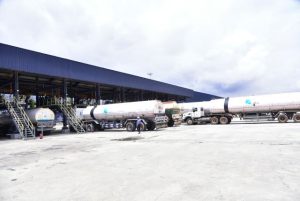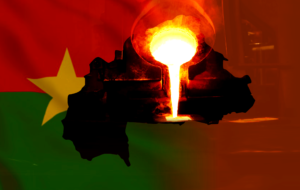Oil Transport Workers’ Showdown with Dangote puts Government and Nigerian Economy under Pressure with NUPENG Strike Alarm

Nigeria’s oil industry was plunged deeper into crisis on Monday after peace talks between the federal government, the Nigeria Union of Petroleum and Natural Gas Workers (NUPENG), and the Dangote Refinery collapsed without agreement.

At the heart of the dispute is unionization: NUPENG insists all refinery staff and drivers must be free to join industry unions, while the Dangote Group has resisted, offering only limited concessions. The union, accusing the company of “modern-day enslavement,” vowed to press on with its nationwide strike, which has already triggered petrol station closures in Delta, Sokoto and other states.
The fallout is widening. PENGASSAN, NOGASA, NARTO and PETROAN have all joined the strike, effectively shutting down the downstream distribution network that moves petroleum products across the country. Transporters warn their 30,000 trucks could be idled, suppliers say jobs are at risk, and retailers fear massive disruption.
For the federal government, the standoff is politically explosive. With fuel scarcity already emerging, the Tinubu administration faces pressure to balance labour rights with investor confidence in the Dangote Refinery, the flagship project meant to stabilise Nigeria’s oil supply. The refinery’s dominance in the sector has also raised fears of monopoly, job losses, and the marginalization of smaller distributors.
The social costs are mounting fast. In parts of Delta, commuters and schoolchildren were stranded as transport fares soared, while in Sokoto, filling stations shut down, paralyzing daily life. Labour leaders have warned of wider mobilizations by the Nigeria Labour Congress and Trade Union Congress if Dangote does not yield.
Energy analysts note that the clash highlights a deeper struggle over Nigeria’s oil future: whether a single mega-refinery will dictate the terms of employment and distribution, or whether a competitive system that preserves jobs and union rights will prevail.
For now, both government mediators and industry players are urging calm, but unless a compromise is struck, the strike risks tipping into a full-blown national fuel crisis.






